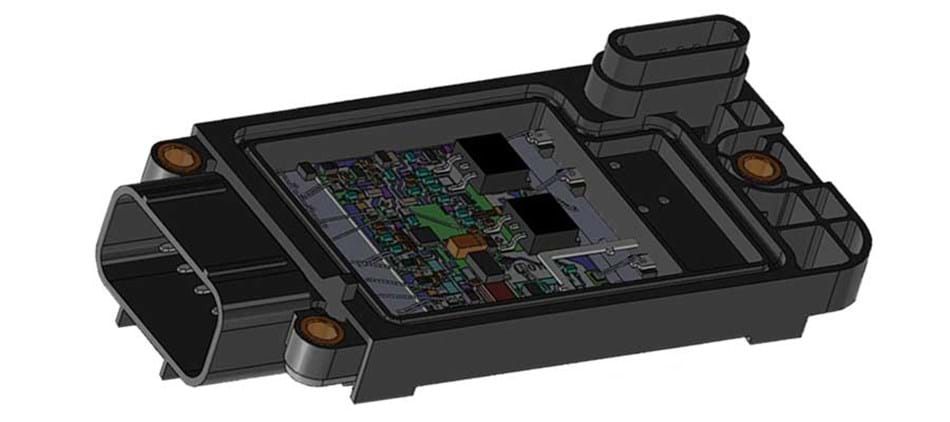
Ignition Control Modules

(Image: Standard LX981)
The ignition control module is a solid-state switching device that controls the operation of the ignition coil or coils. It is a small, high-current circuit used to ground the negative side of the coil in order to build charge.
In order to fire a spark plug, the engine management system sends a signal to an ignition module which then sends a signal to the ignition coil. This signal tells the coil how long to charge for and when to fire the spark. This process regulates the vehicle’s base ignition timing.
Ignition Control Modules fail when they overheat. The most common symptom of failure is a no-start. A failing module may give other symptoms, such as engine stuttering and stalling, before it stops working.
Standard® Ignition Control Modules resist failure. Extensive testing and ensure that all Standard Motor Product Ignition Control Modules are manufactured to meet or exceed OE fit, form and function.
Our Ignition Control Modules use top-of-the-line technology to ensure perfect timing every time. They match the OE part and ensure better connections, greater dependability and longer life despite being subjected to the engine's intense vibrations and the tough operating environment.
